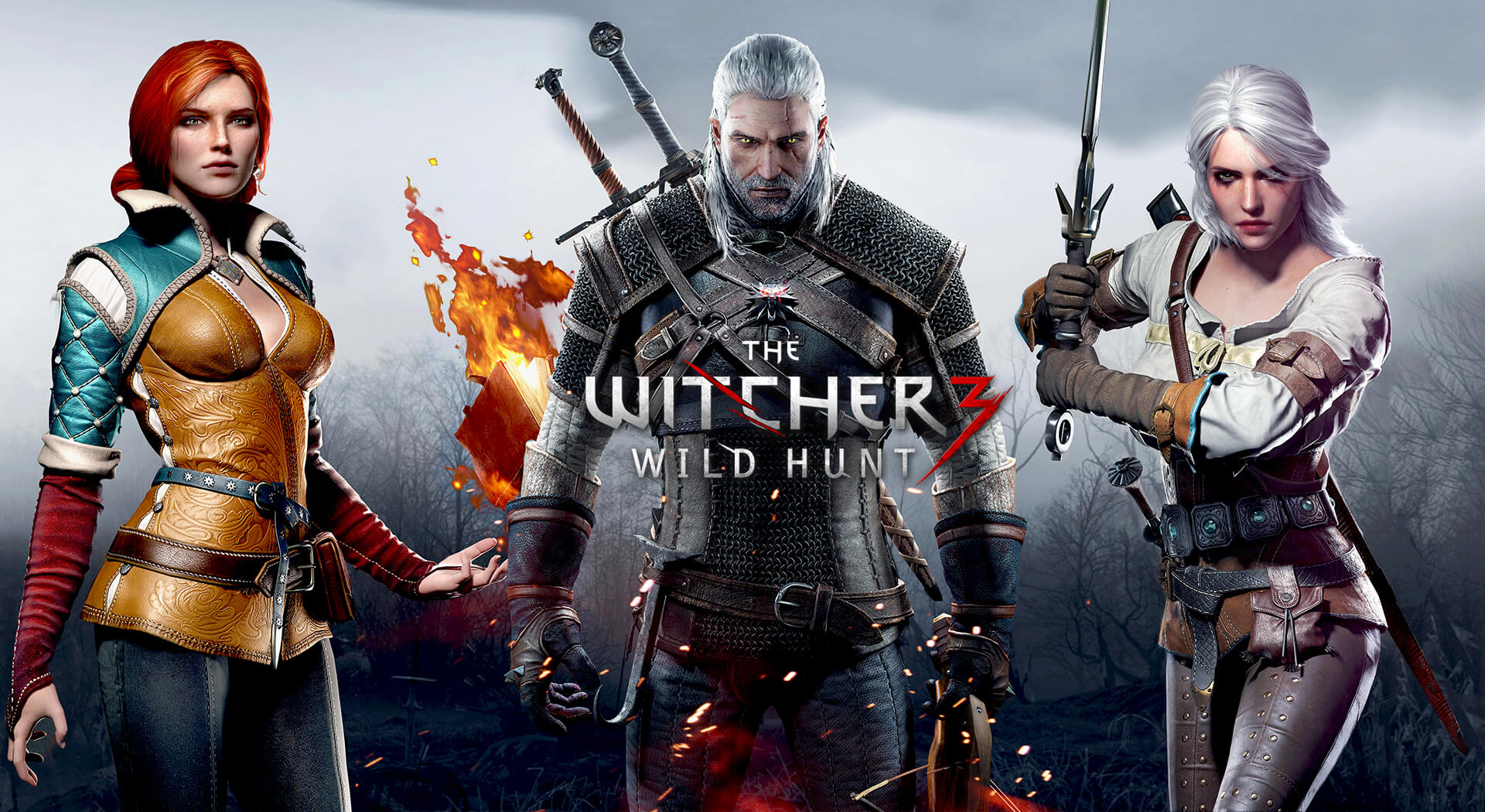It seems like every single new game these days is being released to the tune of a thousand trumpeting accusations of sexism. It can be frustrating at time when certain media outlets do nothing but present these kinds of stories, but are we viewing these kinds of accusations in the wrong way? Could they actually be a good thing for gaming?
You don’t have to agree with the accusations to see the benefits. This is not about whether you think certain games have sexist elements, or whether those sexist elements need to be censored, or anything along those lines. This is not a discussion about whether the accusations are true, this is a discussion about how the fact that people are even making them means a great deal for video games.
In the new millennium, we’ve slowly seen the gaming industry develop from something still relatively niche to a global love story. However, we still continue to encounter the debate of whether this new form of entertainment could count as art. The other newcomer, film, is now well-accepted as a true art form, but video games seem to be lagging behind. Accusations of sexism could be a sign that people are finally starting to take video games more seriously. I’m not saying that games have to have certain perspectives applied to them to be considered art – after all, what art is is certainly considered subjective. But feminist theories are just another critical theory, and what kind of art form would gaming be if it didn’t encounter this kind of literary and sociological criticism?

Of course, you could make the argument that this is just another symptom of the games industry being strong-armed into ideology. Games are insanely popular nowadays, so people with an axe to grind or a bone to pick are jumping on board in order to spread their own message. That could certainly be true, but does it really make a difference in the long run? The fact remains that these ideological warriors are exposing people to the idea that games are more than just a form of entertainment – that they hold a deeper message, a deeper meaning. People have been debating whether or not games could ever count as art for years, and now the issue is being forced.
Sure, they might be doing it for views, as a soapbox, but every time someone says “the portrayal of women in this game is sexist”, they are creating a point of discussion. A starting point for people to agree or disagree, a seed from which a more complex understanding of the themes, meanings and presentation of that title can be created. You may agree or disagree with whether or not a particular title is sexist. You may consider that many of the people that do this are ideological guerillas, just using a game to their own ends. But in the end, it doesn’t actually make much of a difference to the fact that accusations of sexism are just another sign that people are taking games more seriously. If you want video games to be seen as an art form, you have to accept that they will have critical theory applied to them. You may not like your favourite game being labelled as sexist, but you should be pleased that this conversation is taking place at all.







